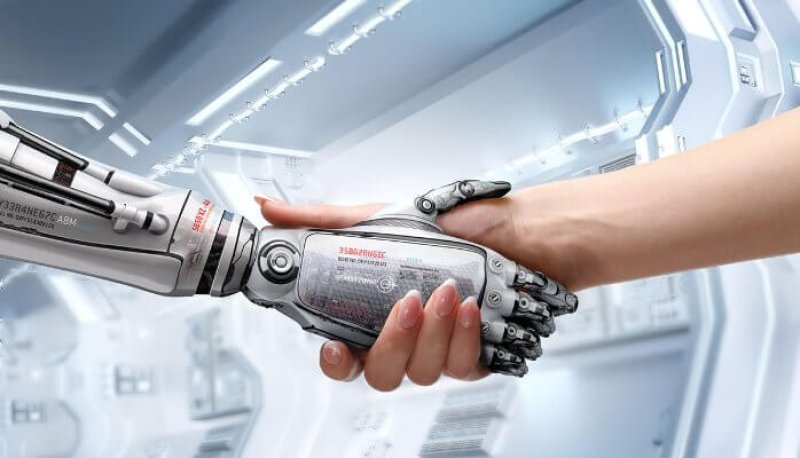We live in an age of transformative scientific powers, capable of changing the very nature of the human species and radically remaking the planet itself.
Advances in information technologies and artificial intelligence are combining with advances in the biological sciences; including genetics, reproductive technologies, neuroscience, synthetic biology; as well as advances in the physical sciences to create breathtaking synergies – now recognized as the Fourth Industrial Revolution.
….
Since these technologies will ultimately decide so much of our future, it is deeply irresponsible not to consider together whether and how to deploy them.
1. Should the technology be developed in the first place?
2. If a technology is going to proceed, to what ends should it be deployed?
3. If the technology is to go forward, how should it proceed?
4. Once norms have been set, how will the field be monitored to ensure adherence?
[W]e should commit to equity – to doing all that is possible to ensure that all people, regardless of their economic means, will have access to technology’s benefits.The GLP aggregated and excerpted this blog/article to reflect the diversity of news, opinion, and analysis. Read full, original post: The 4 big ethical questions of the Fourth Industrial Revolution































